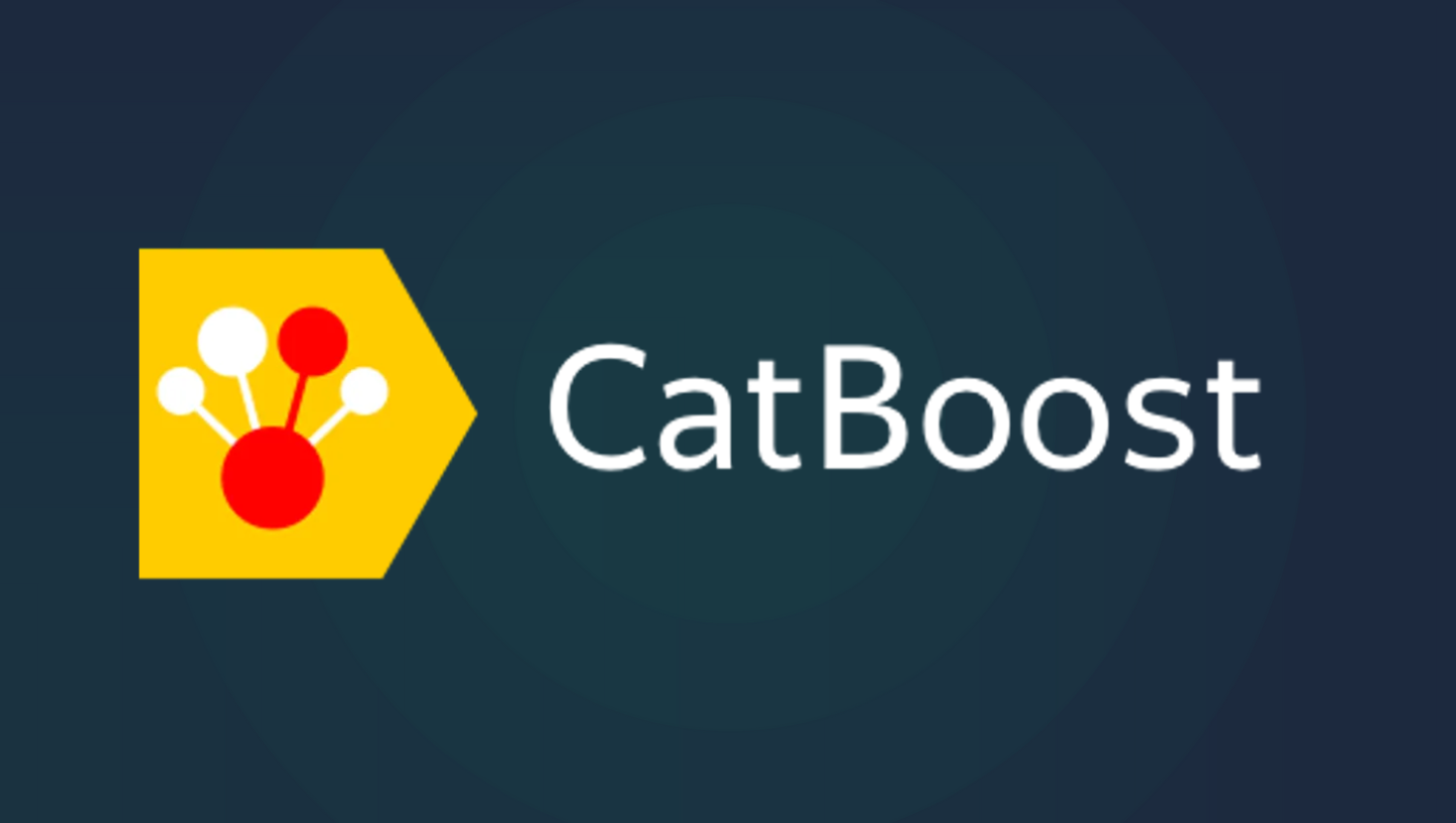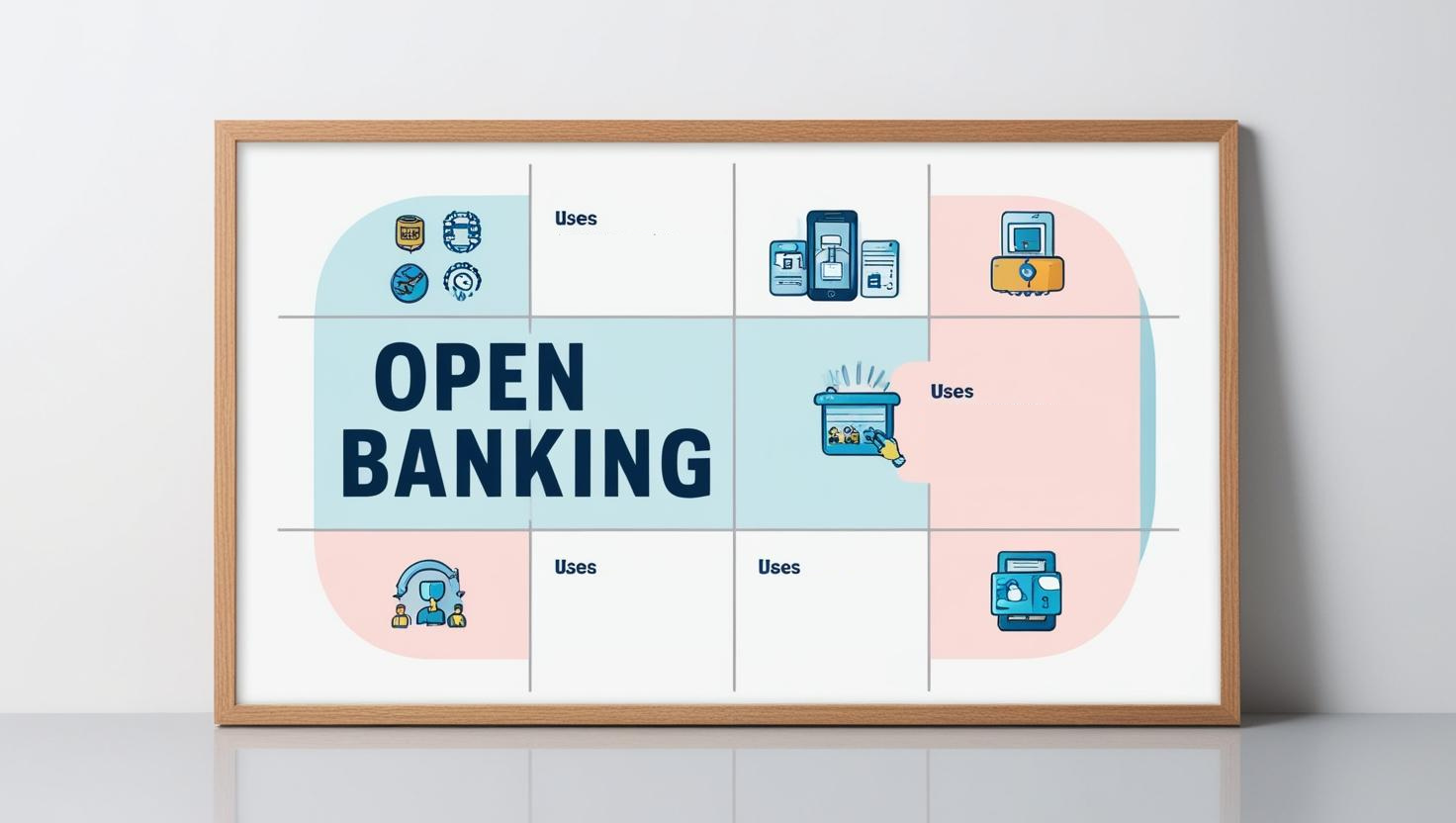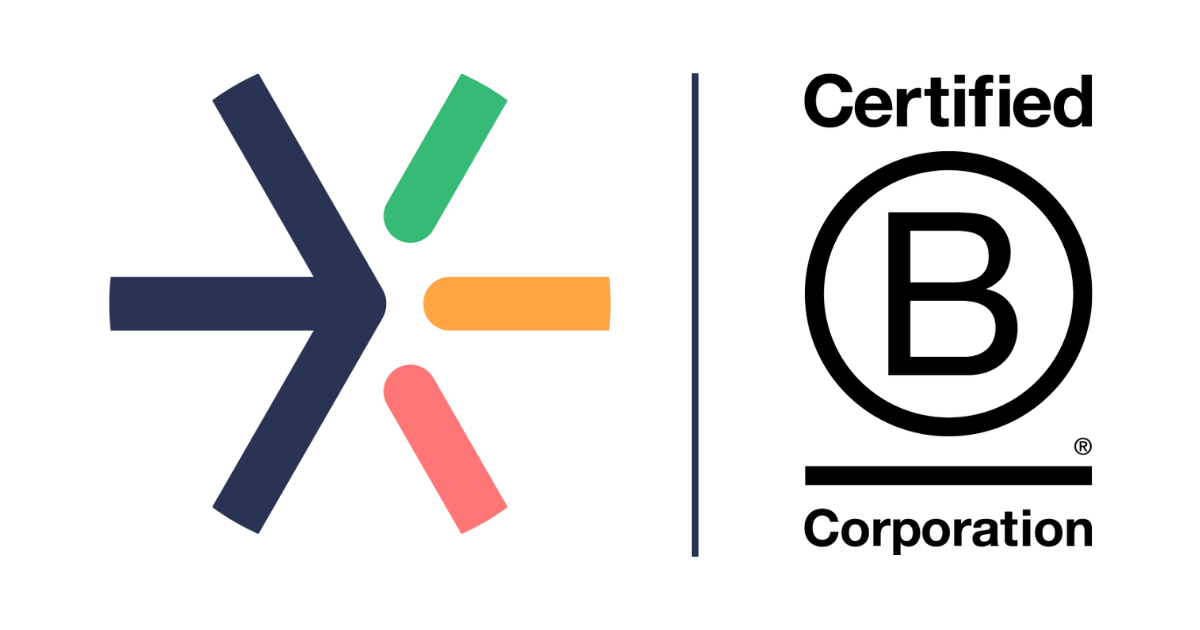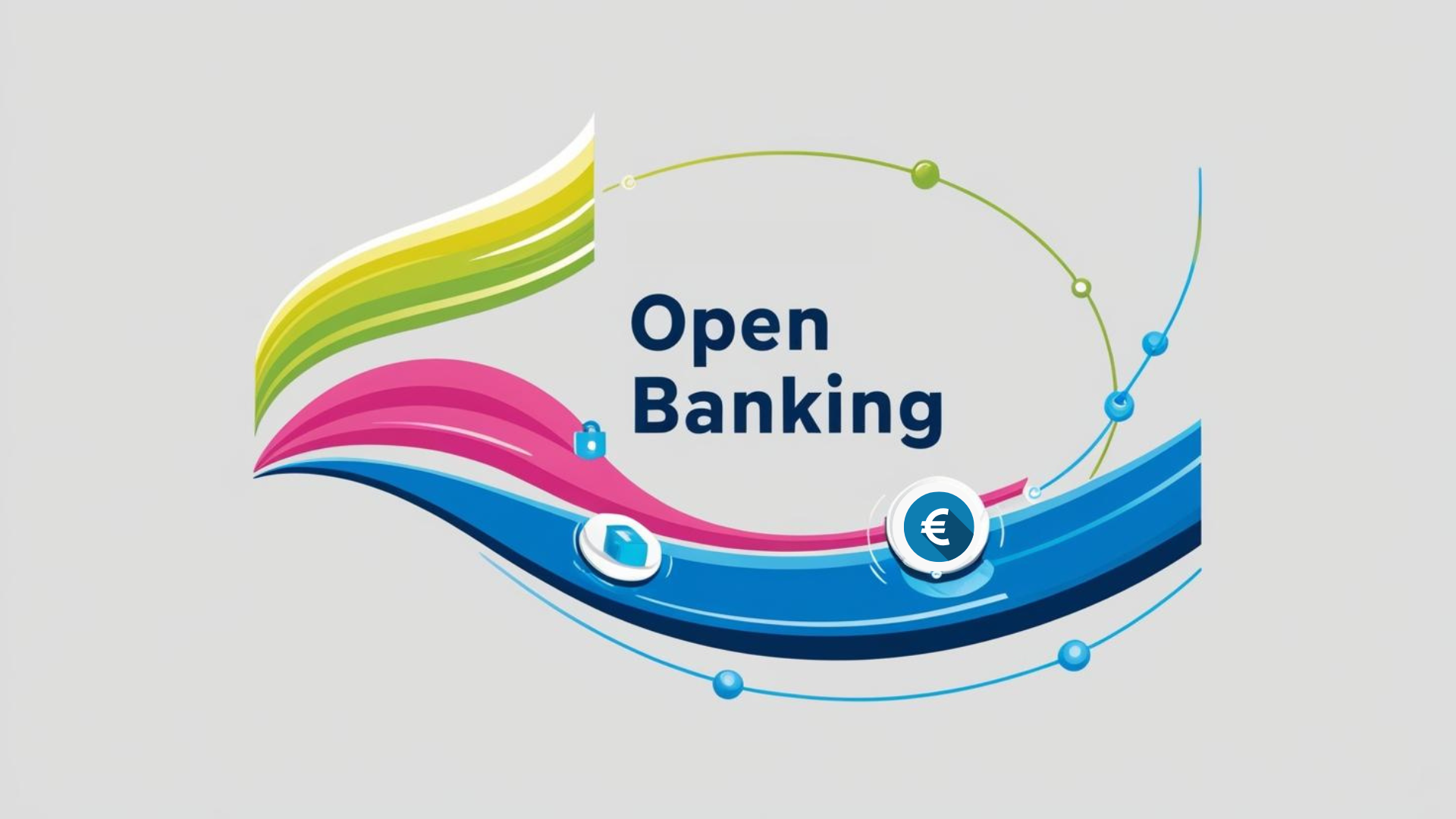What is Open Banking?
“Open Banking is the opening of banking data”.
In other words, it involves sharing this data collected by banking institutions on their customers with other companies, the aggregators. The objective is to take advantage of this circulating data to improve the customer experience.
As far as data is concerned, this may be data such as the geographical location of bank branches and ATMs, the banking services offered, but also customer data. At the origin of Open Banking: this European directive on payment services or DSP2. Objective ? Open the banking ecosystem, strengthen the security of online payments and promote innovative financial services.
The actors of Open Banking
At the heart of this concept are the banks, which position themselves as a real hub between different players, including aggregators and fintechs.
What is Open Banking used for?
Open Banking was designed with the aim of improving financial services for customers. By opening up access to data historically kept internally, it enables new companies and new products to enter the market. While using this data in an innovative way.
Open Banking aims to:
-
- Help customers better transact, save, borrow, lend and invest their money
-
- Reduce premiums
-
- Improve customer service
-
- Increase control over financial data
How are data governed in Open Banking?
Focus on regulations and PSD2. Banks are required to allow customers to share their account data and initiate payments from third-party platforms such as payment service providers (PSPs) or Fintechs.
In Open Banking, you should know that a customer's bank details are neither the property of the bank nor that of the Fintech, but of the customer himself. He can use them as he sees fit and share them with an authorized service provider to benefit from them.
What the regulations say about Open Banking
Let it be clear, Open Banking is not dangerous as some might think. Indeed, banks set up infrastructures to share their customers' data with third parties only when the customer chooses to do so.
Open Banking: a real growth opportunity for businesses
This concept goes beyond the simple digitization of banking and financial services. And data sharing requires more than just ensuring data security and customer privacy.
This is why the opening of banking data is a source of challenges. It is causing profound upheavals in the market for financial institutions and traditional services by creating new financial service providers.
It stimulates innovation, radically transforms the view of credit and significantly reduces the time required to gather information. A significant asset to guard against the risk of fraud and non-payment, in particular for credit management.
Open Banking, a challenge for the banking and financial sector
This concept is indeed a source of many benefits and it is a real revolution in the world of finance.
Open Banking is all about encouraging competition and innovation in the financial services industry to create better products and experiences for businesses and customers.
Open Banking will solve a lot of problems such as:
-
- Distrust of banks
-
- Legacy bank customers' use of outdated products, services and functionality
Better control the risk of non-payment with Open Banking
The opening of bank data creates new possibilities for companies in managing their credit risk. more precise and real-time information in particular on the creditworthiness of customers, which facilitates risk assessment and ultimately decision-making for the granting of credit. .
Meelo and Open Banking for fairer financing
Open Banking allows organizations and companies to access, within a regulated framework and with the consent of customers, banking data, and tomorrow with Open Finance, all financial data.
Meelo uses Open Banking to help you make your decisions on solvency and risk of non-payment.
We see Open Banking as a real opportunity and a challenge in implementing a more fluid, personalized, transparent, multi-channel and risk-free customer experience.




